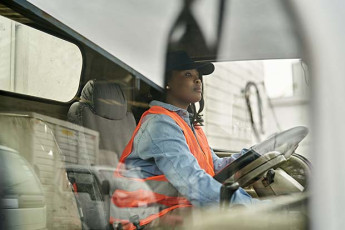-
Travel managementManage your corporate travel programmeIndustry Solutions
-
Why EgenciaTravel management solutionsTravel management benefits
-
ResourcesTravel management best practices
-
Customer centreTravellersTravel arrangersTravel managers




























